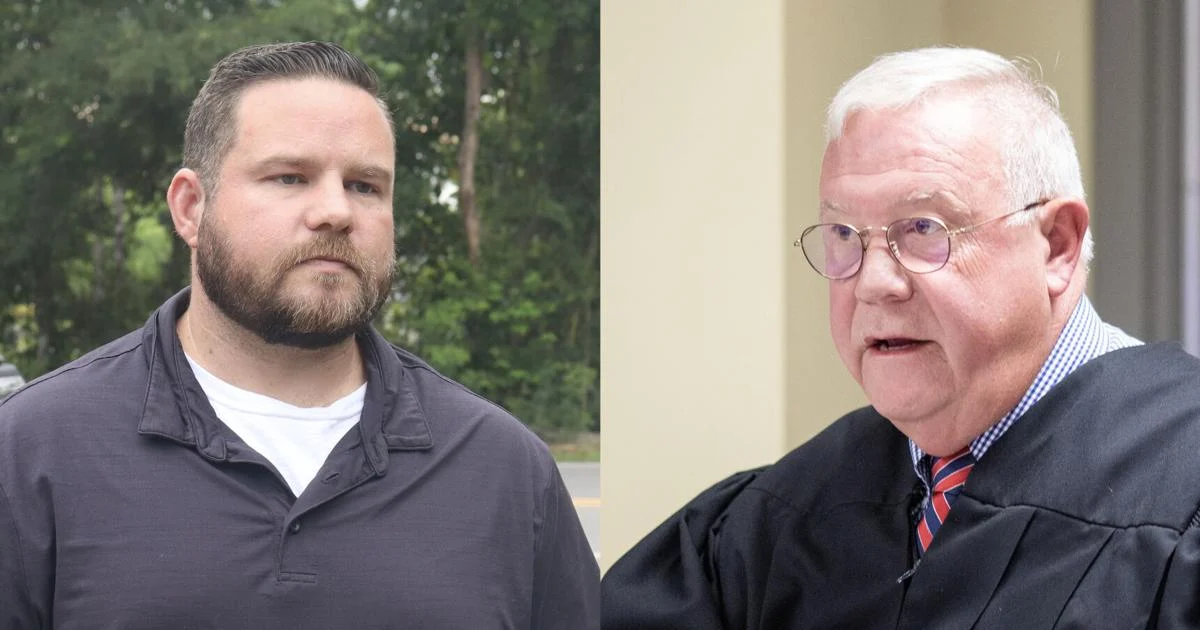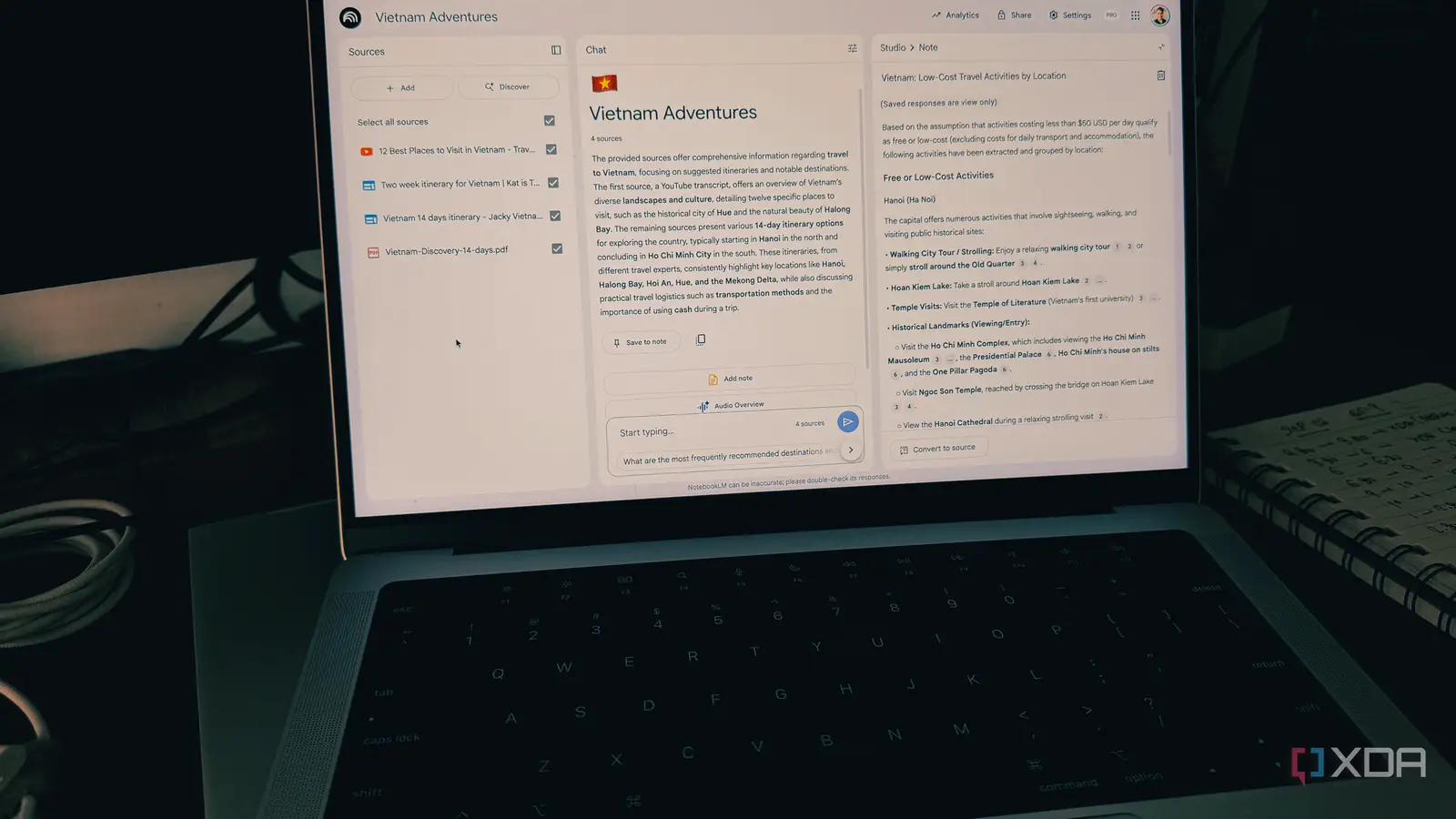
Over the past two years, the U.S. Attorney’s office in South Carolina has logged 47 indictments under a federal initiative that seems like the notorious “To Catch a Predator” TV show operating on steroids to catch child sex abusers.
The cases prosecuted under Project Safe Childhood in recent months include a former S.C. state lawmaker who pleaded guilty to five charges of distributing child sexual images; a Charleston magistrate who stands accused of possessing photos and videos purchased from a purveyor in London; and a West Columbia man who allegedly worked with a woman in Brazil to livestream child sex abuse to his home.
The project also brought together a task force that monitors the internet for child sexual abuse activity and federal prosecutors in Mississippi, who this month convicted a Mexican national of possessing child sexual abuse material on two cellphones while living in the U.S. illegally.
Overseen by the Justice Department, the initiative was launched in 2006. Each year, it accounts for thousands of arrests, using tips from hotlines run by children’s advocacy groups, internet sleuthing and close cooperation with foreign governments. Last year, one component of the program — the Internet Crimes Against Children task forces in 61 locations — counted 12,600 arrests and more than 200,000 investigations.
But the surge in arrests does not necessarily lead to slam-dunk prosecutions.
Some cases are quickly resolved with guilty pleas, like the one this week from former lawmaker RJ May to five counts of distributing child sexual materials. May, a former Freedom Caucus member, was defending himself in court and challenging his ability to get a fair trial when news of an imminent plea surfaced in federal filings.
When defendants choose to take their cases to trial, with long or even life prison sentences hanging in the balance, prosecutors must confront tough questions about the validity of video and photographic evidence gathered through cyber-snooping. Many cases rely on testimony from underage victims, which is a challenge because children often have difficulty remembering details and testifying about traumas.
Cases developed through covert sting operations, while legal, can be discredited by the defense if it can show entrapment that violates constitutional rights.
Among the challenges of such prosecutions, said Stephanie D. Block, an associate psychology professor at the University of Massachusetts-Lowell who has worked on teams studying child abuse prosecutions, is proving that photos and videos gathered through cyber probes were actually obtained and looked at by the person being charged. Typically, many people live in a home with others, and investigators must identify who else in a home or office had access to that computer and/or the credit card information of the person being charged.
In some cases, she said, “it can be hard to identify the child victim from digital evidence.” And family faced with putting a child on the stand must grapple with long-term mental health consequences.
“Children can face threats, pressure or intimidation from a perpetrator and/or their family to not disclose or to move forward with a case,” she said.
During the investigations, which can take years of surveillance, agents watch activity on Instagram, What’s App and Facebook. They also penetrate the dark web to find illicit chatter and exchanges of pornographic images and videos.
Tips often originate with the National Center for Missing and Exploited Children, a nonprofit group that runs a child abuse hotline. They are forwarded to internet crime task forces like the one in Charleston, where officers track IP addresses and discover crimes ranging from child prostitution to international rings that encourage tourists to travel overseas for illicit activities.
Charleston County Detective James Jacko, who helped prosecutors develop the Mississippi sex offender case, said in a news release that the task force run by the S.C. Attorney General’s Office will “follow every lead, use every resource and we don’t stop until the people responsible are held accountable.” The sheriff’s office declined to comment on its role in the case.
Veronica Hill, a spokesperson for U.S. Attorney for South Carolina Bryan P. Stirling, said the office has indicted 407 people since Project Safe Childhood began. The conviction rate was not immediately available, she said.
“Parents, it is essential that you protect your child from potential dangers online,” Stirling said in a statement. “Don’t allow your kids to communicate with strangers in gaming apps or on social media, even those who claim to be kids. Monitor their messages and the sites they visit to ensure they don’t become a target.”
Prosecutors often seek extended prison terms and lifetime restrictions for defendants caught up in child sexual abuse material cases, which frequently involve repeat offenders.
Stephen Todd Greene, 55, of West Columbia faces life in prison on charges that he worked with a Brazilian co-conspirator to sexually exploit the woman’s children, ages 3 and 9. The charges allege that he “abused the children virtually” by livestreaming their abuse to his home in South Carolina.
May, the former lawmaker who resigned from office in August, faces five to 20 years for each count in his plea deal, with the final determination to be made by the judge in January. He would also be required to register as a sex offender.
In recent months, a 40-year-old Aiken County man was sentenced to 17 years in prison after pleading guilty in an international investigation of child sexual abuse material. Investigators found videos on his phone featuring minor girls who had visited his home for birthday parties and sleepovers.



